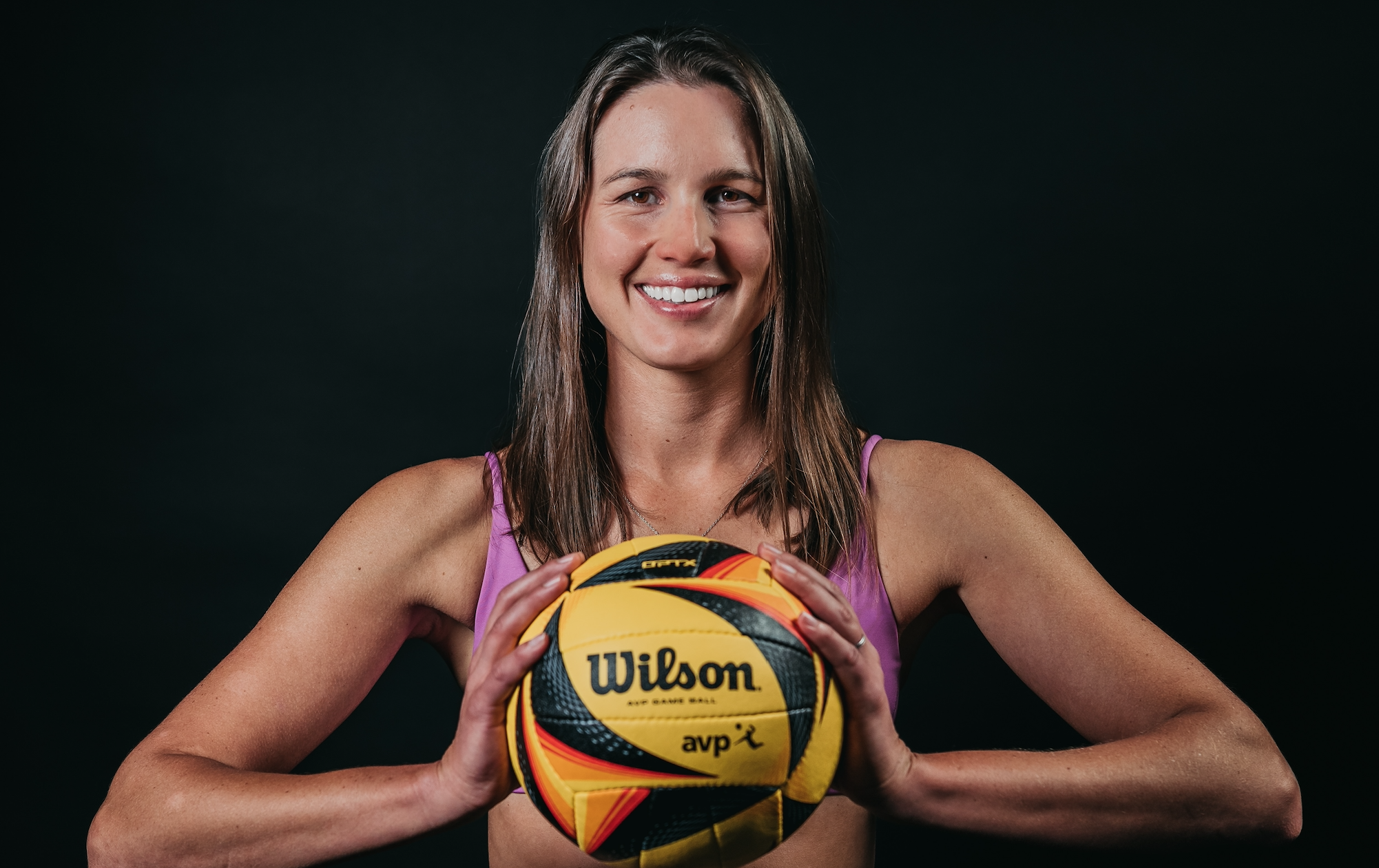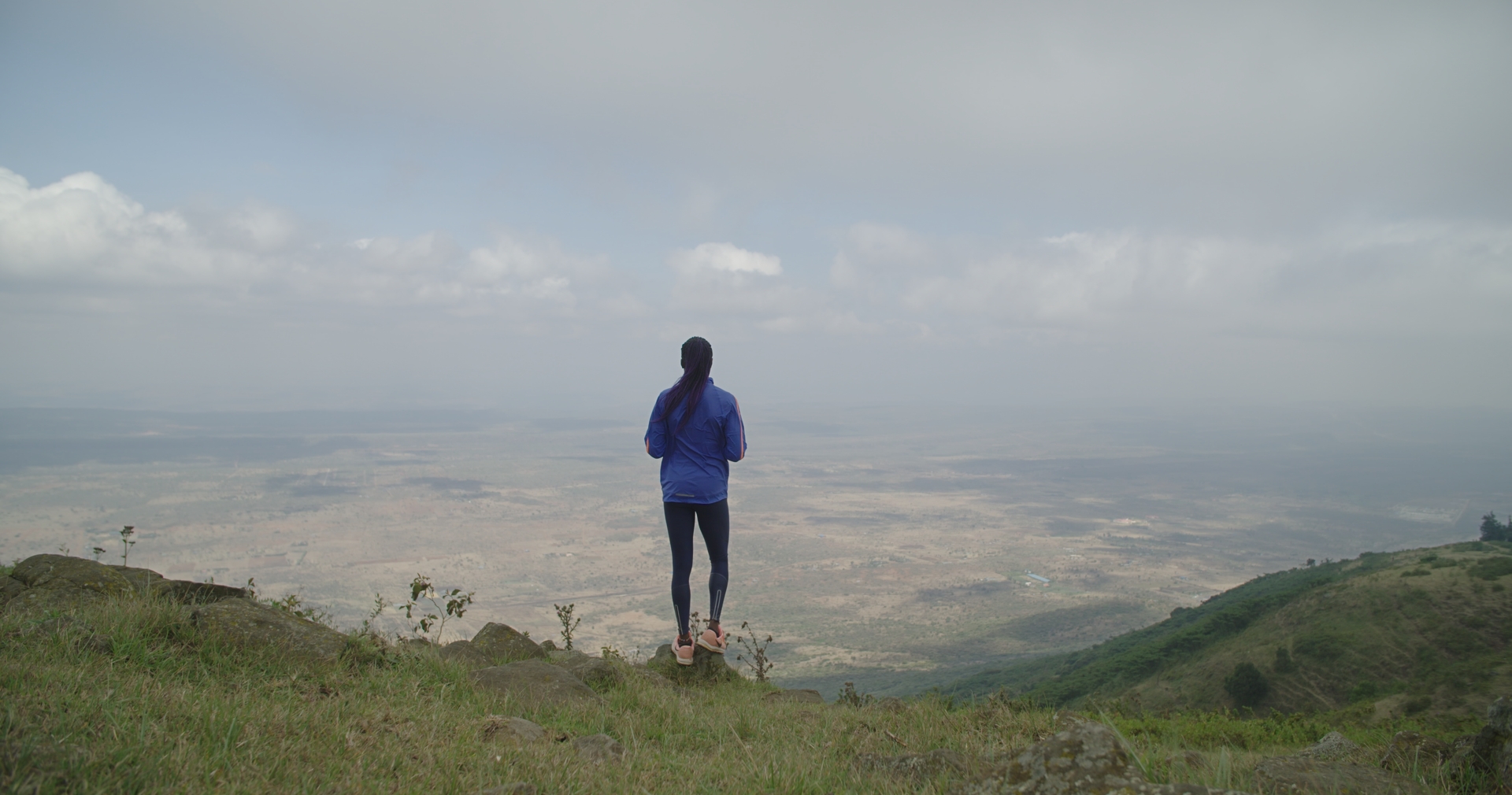Boxing champion Esther Phiri is Zambia’s first female boxer who holds a world title and is a symbol of hope for many women in her native country. Hers is a story of bravery and courage despite being brought up in a culture where becoming a sports champion is not usually on the cards for women.
Her story is being immortalized in the documentary ‘Between Rings’ directed by Salla Sorri and Esther’s cousin Jessie Chisi. The film premiered at the 2014 Copenhagen Film Festival to much acclaim. Today she is known as Zambia’s most famous athlete, but Esther’s life didn’t always start out that way.
She was born in the slums of Lusaka, and gave birth to her daughter at only 15 years old. She was practically a baby herself. She grew up knowing women got married and had kids, not careers or opportunities. But something inide Esther made her desire more.
“I made a mistake when I was young and had a child. I found something to do in my life. I was looking for something to do in my life and I found it in boxing. A woman can work and be somebody. They don’t need to depend on a man.” she told ESPN in a special about her rise to fame.
Impoverished by her father’s death from malaria when she was girl, Phiri left school after the sixth grade and was pregnant at 16. To feed herself and her daughter, Eunice (now 9), she sold potatoes, chickens and vegetables in a public market on the crowded streets.
She began boxing in 2003 after an introduction to the sport during an AIDS awareness program in her community. Zambia has one of the world’s most devastating HIV and AIDS epidemics, and young women are twice as likely to be susceptible than men.
It was during the awareness program that Esther met her trainer Anthony Mwamba who took her under his wing despite cultural ignorance.
“People used to laugh at me,” she said. “They would say, ‘She’s mad. She’s mad!’ And they said I was just following the men to the gym.”
In a country where the life expectancy is less than 40 years and 90% of its citizens live in poverty, Esther has defeated the odds both culturally and for her gender.
Esther is sometimes referred to as the “real Million Dollar Baby” which isn’t too far off the mark, given that she has earned 40 million ($7700 USD) Zambian Kwacha for one fight, 200 million ($38,500 USD) for another, and 4oo million ($77,000 USD) for yet another.
She eventually met a men who she became engaged to in the lead up to the 2012 Olympics, but her dilemma to choose between having more children and marriage, and focusing on her career is something that is the focus of the ‘Between Rings’ documentary.
Director Jessie Chisi told African Women in Cinema blog that for Esther it was a major conflict of interests, especially since she became such a high profile person in the country.
“Those kinds of situations disturb me, first as a human being and second as a woman. I was intrigued and started asking questions like ‘why shouldn’t she be able to if she loves it?’ Esther’s story is one of a woman who always puts her life on hold to achieve the other thing and always remains empty within herself. She gives up her love for boxing and gives up boxing for her independence,” she said.
On a trip to Copenhagen for a fight with her trainer Anthony Mwamba, the topic of marriage is brought up and he argued at the time it would be a huge distraction from her current winning streak.
“Phiri might be a symbol of female empowerment in Zambia, but she is not yet ready to have a career and a husband. She eventually goes along with her male managers and puts the wedding on hold, but such is her position in the country that the issue stirs a national conversation,” wrote ESPN’s Jim Caple.
“Esther must think through the marriage as critically as she can so that she does not let a chance of a lifetime slip through her fingers,” a journalist writes in the Zambia Daily Mail. “I am not an expert on marriage and boxing, but I think it is only fair that we give Esther the pros and cons of marriage and let her make her own decision.”
While many of us in the west often talk about the work-life balance, in some areas around the world where the choices are so extreme we are reminded how frustrating it is that women for too long have been forced to choose. With the scales of gender equality moving toward a move even balance now that there is much more awareness of the need for fathers to play a role in the work-life balance, we hope that there will be a day when women or men do not have to make choices based on tradition and culture, and instead can decide their futures based on their individual needs.
Check out the trailer below:



















